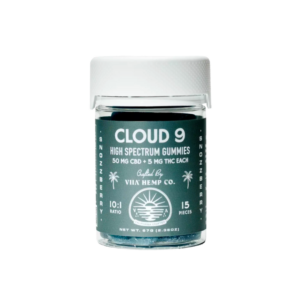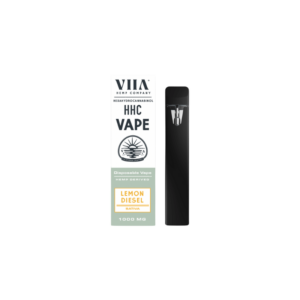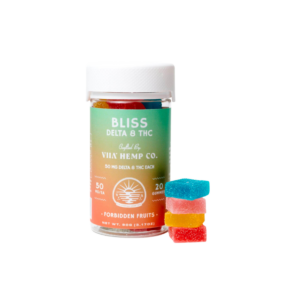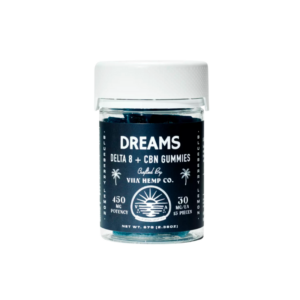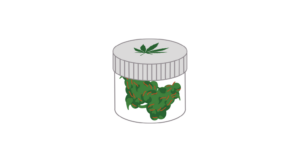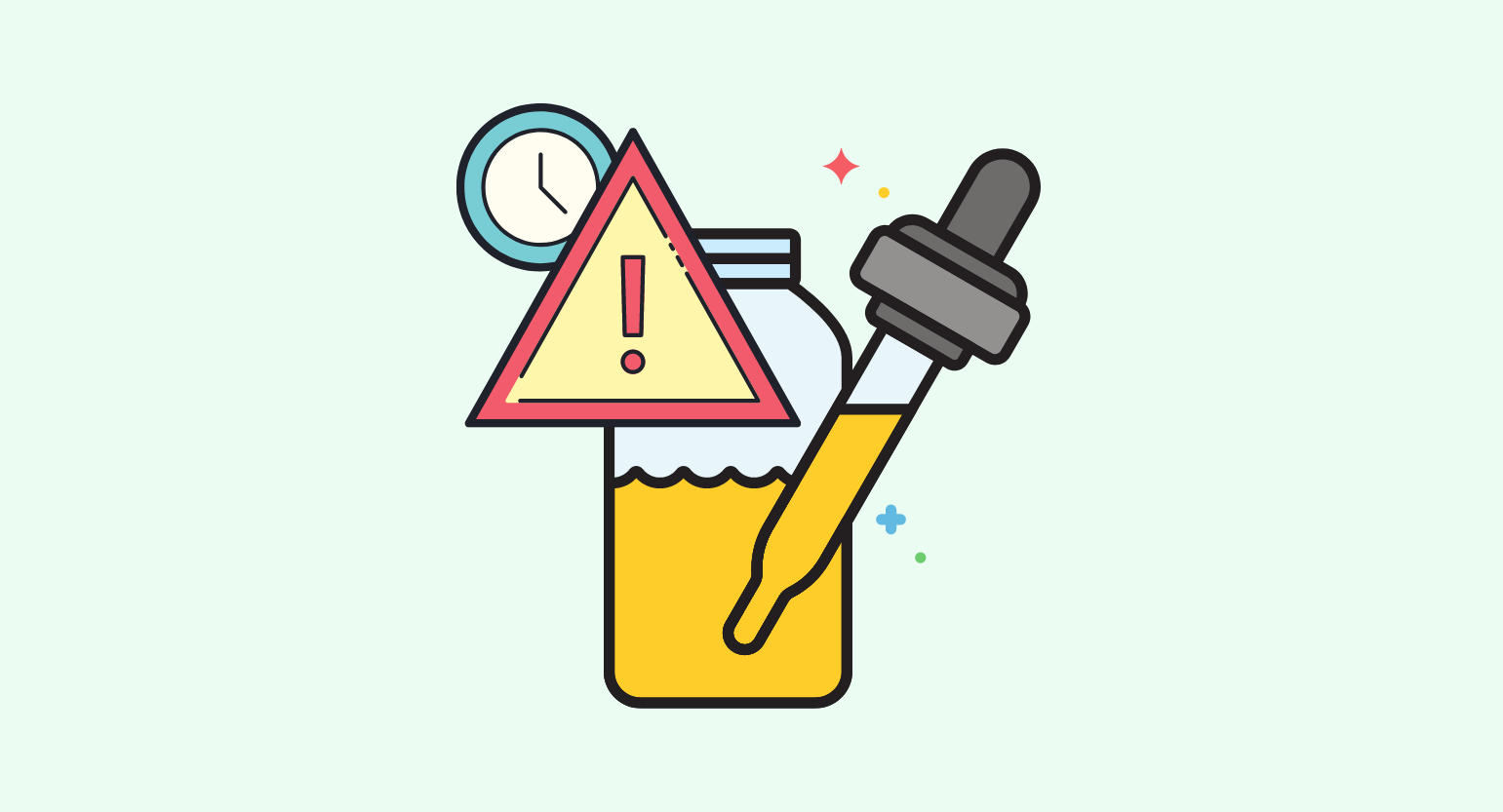
Evidence based
Does CBD Oil Expire? Here’s How To Tell If Your CBD Has Gone Bad
The short answer is yes. All good things come to an end, and CBD oil is no different. Here’s how to check if your CBD oil has gone bad.
All-natural products have an expiration date, which means eventually, that bottle of CBD oil will expire too.
As CBD oils age, the cannabinoid content breaks down and the carrier oil may go rancid. Expired oil tastes bad and won’t be very strong.
Most people don’t run into this problem with their CBD oils because you would ideally use your CBD well within 12 months. The problem often lies in the manufacturer’s end when products are stored on warehouse shelves for a year or more before they arrive at your door.
Bottom Line: Does CBD Oil Expire?
Yes, CBD will expire within three years of manufacture. If stored correctly in a cool, dark, and dry location, you should be able to get the full three years.
If stored incorrectly, the CBD will break down prematurely and the carrier oil could go rancid.
What Affects The Shelf Life Of CBD Oil?
The main factors that cause CBD oil to go bad are oxygen, heat, UV light, and humidity.
Proper storage means protecting the oil from these environmental conditions.
However, you can’t stop this process entirely. Eventually, all CBD oils will expire.
1. Carrier Oil Quality
The shelf life of your CBD oil depends on the freshness of the carrier oil used. Carrier oils such as olive oil, MCT oil, and hemp seed oil are often the first ingredient to go rancid in your CBD product.

We won’t dive too deep into the chemical makeup of these oils, but in a nutshell, these unsaturated fats have carbon bond chains that break down over time when exposed to oxygen. This process is called oxidation.
It’s easy to tell at a glance when coconut oil or MCT oil bases go bad because they discolor from white to yellow and will become chunky. For a closer inspection, rancid carrier oils have a sour or putrid smell when they go bad.
2. Additional Ingredients
The formulation used to make the product can affect the shelf life of your CBD.
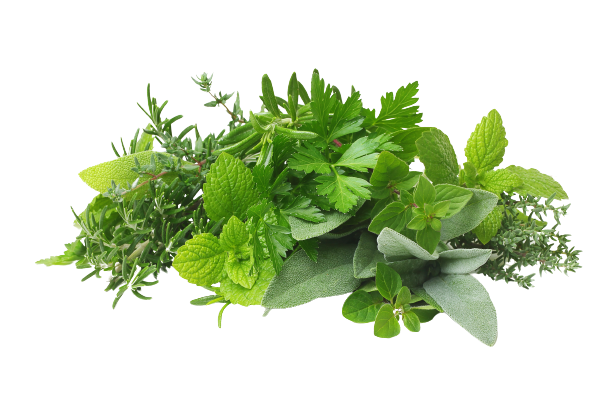
For example, essential oils can offer more benefits than aromatherapy and flavoring to your oils.
CBD oils containing essential oils may have a longer shelf life because some essential oils are naturally antibacterial and antifungal. However, additives like coloring and artificial flavorings may affect the CBD molecules and the expiration date.
3. Packaging (UV Light & Oxygen Exposure)
Amber glass bottles have a function beyond the aesthetics and branding of CBD oil. It helps to filter the UV light to keep active compounds from degrading. Not only does the packaging material have something to do with your CBD oil’s shelf life, but the packaging facility does too.
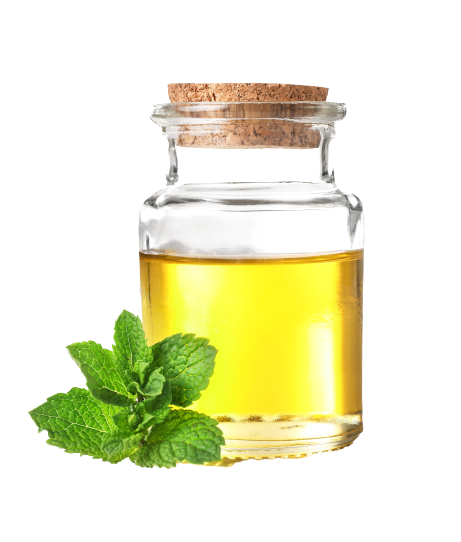
Packaging Good Manufacturing Practices (GMP) is a standard used in the medical industry to maintain high-quality safety standards when it comes to packaging medication. While it’s not a standard in the CBD industry, more brands are adopting GMP.
4. Time
How fast a manufacturer can move their product out of production and into the hands of their customers can affect how much viable time you have left to use the CBD oil. The less time CBD spends on warehouse shelves, the fresher it is when it gets to you, reducing the chances of the CBD oil going rancid.
Smaller companies that create CBD products in artisan batches tend to move products much faster and maintain freshness when it gets into their customers’ hands.
Always check to see the manufacturer’s date of your product to ensure its freshness.
How To Tell If Your CBD Oil Has Gone Bad
All good things come to an end, and here some tell-tale signs it’s time to toss out your expired CBD oil.
1. CBD Oil Looks Dark & Murky
The color of CBD oil can either look clear, white, dark brown or dark green, depending on the hemp extract and carrier oil used. If the carrier oil is MCT coconut oil, it could have a cloudy consistency, especially when stored in a cool space, and this isn’t anything to worry about.
When it starts to be a concern is when the oil is chunky or brown at room temperature. This could be a sign that the CBD is starting to break down. You can hold the amber bottle up to a light source and examine the liquid for any inconsistencies like cloudiness at room temperature.
How the CBD oil looks can be a tricky way to tell if your CBD oil expires, which leads us to our next tell-tale sign of expired CBD oil.
2. CBD Oil Smells & Tastes Funky
CBD oil has a naturally bitter-earthy scent and flavor. Some people describe it as “nutty” or “grassy.” Even if you’re not a fan of the taste of CBD oil, you’ll know that it’s gone bad because it smells musky and tastes rancid.
Hopefully, you notice the cloudiness and funky smell of the CBD oil before you taste it.
The carrier oil (coconut oil, olive oil, or hemp seed oil) could have gone bad. These oils normally have a neutral flavor, but when they go bad, they take on a sour taste. Purchasing older carrier oils is one way CBD manufacturers cut costs, so it’s important you buy CBD from a reputable supplier.
3. Your CBD Oil Doesn’t Work
Expired CBD oil often looks and tastes perfectly fine — but if enough of the CBD and other cannabinoids have been broken down by UV light or heat, the oil simply won’t work.
If you’re finding your CBD oil isn’t working, try taking gradually larger doses. Sometimes the oils aren’t totally expired, they’re just a little weaker than before so you’ll need a larger dose.
If you have no perceivable effects even with very large doses — your CBD oil is likely to be either a fake or expired.
Beware Of CBD Oils Sold At Suspiciously Low Prices (They May Be Expired)
CBD oil is expensive to produce.
There’s a lot of costs involved in producing a high-quality bottle of CBD oil, including the hemp farming, extraction process, and product formulation — not to mention all the safety testing and marketing involved.
Your average bottle of CBD oil should cost anywhere from $50 to $100 a bottle, depending on the potency, size, formula, and quality.
If you find a CBD oil that’s less than $50, err on the side of caution and consider why the CBD product is sold at this cheaper price. It could be because it’s close to the expiration date, or it could mean that the CBD brand finds ways to cut costs, sacrificing the overall quality of the CBD oil.
Related: Avoid these CBD scam companies.
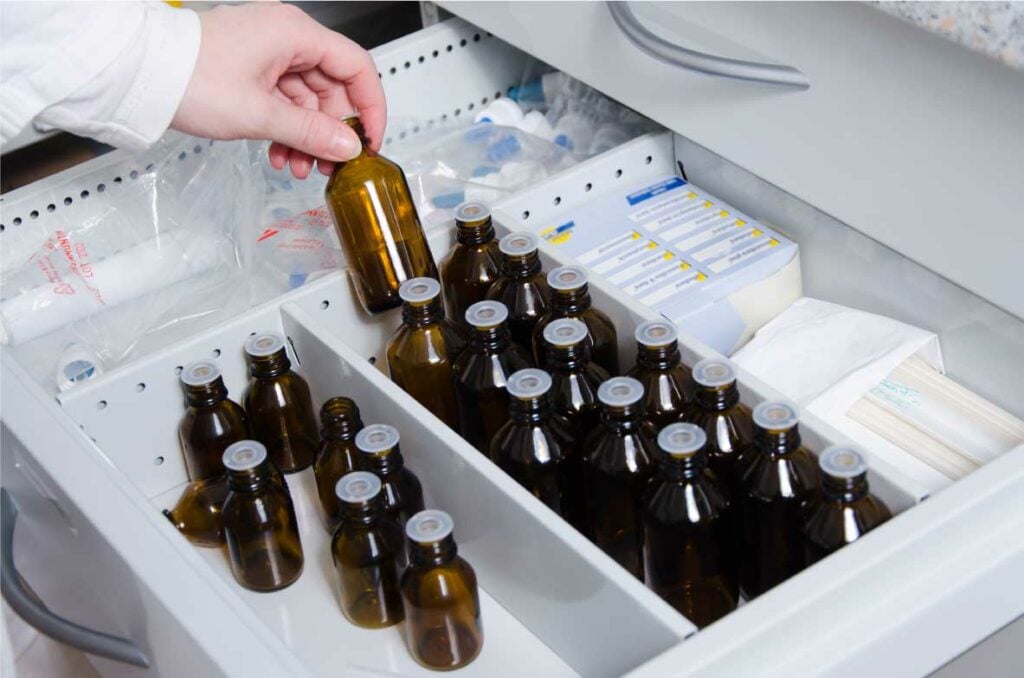
How To Make CBD Oil Last Longer
Even the best quality CBD oil will eventually expire.
For many people, a 12-month best-before date is plenty of time before the CBD oil goes bad, but if you want to preserve the freshness and the effectiveness of your CBD oil, store your CBD properly.
Storing your CBD oil properly can help to extend the life of your CBD oil and slow the gradual breakdown of the active cannabinoids and terpenes.
Keep it away from heat and direct sunlight, and store it in a cool and dry place.
Most people store their CBD products with their supplements and medications as the storing indications are the same. Some people store their opened CBD oil in the fridge to extend the shelf life. This may not be necessary if you plan on taking your CBD daily (which is recommended to get the best results).
Regardless of the CBD product you purchase, you want to make sure you store it away from direct heat and sunlight to preserve the potency of the cannabinoids.
If you intend to store your CBD oil long-term (over a year), you can place it in your fridge unopened for up to 3 years. You just want to avoid taking it in and out of the fridge often or cracking the seal. Some people will bulk buy CBD oil and keep them in the fridge until they’re ready to start using them.
How To Store CBD Oils & Tinctures
Oils and tinctures have a fairly long shelf-life compared to other edible or some smokable products.
CBD oils and tinctures are often in amber-colored glasses to protect the active compounds from breaking down from light. You can keep your CBD oils and tinctures in your medicine cabinet, pantry, or fridge. As long as you use it well within the year, you should be fine.
How To Store CBD Edibles
The expiration dates on edible CBD products can vary drastically, depending on the additional ingredients. Baked goods like cookies tend to expire much sooner than gummies, hard candy, or CBD chocolate bars.
When you buy edible CBD products, you should plan to consume them within a few weeks while it’s fresh. Generally, candies and chocolate bars can last longer on the shelves, but the CBD and other cannabinoids are susceptible to degrading over time.
If you plan on saving your CBD edibles for a far-off future date, you may want to store them in the freezer to maintain freshness. Always refer to the best-before date when buying edible CBD products.
How To Store Topical CBD Products
Topical CBD products are a great way to deliver the benefits of CBD to your skin locally. The shelf-life of topical CBD products typically lasts anywhere from 14-24 months, depending on the formulation.
Essential oils added to the formulations act as natural preservatives and anti-bacterial agents that can keep the quality of CBD topicals stable. Just like all other CBD products, store your lotions, balms, and massage oils in a cool, dry place.
How to Store CBD Hemp Flower
CBD-rich hemp flower has the shortest shelf-life of any CBD products. They’re subject to mold and breakdown through exposure to high humidity, heat, and oxygen.
The best way to store hemp flower is to keep it in an airtight container, such as a mason jar, with a moisture regulator such as a Bovita salt pack.
For long-term storage, use a vacuum sealer and keep your hemp flower in the fridge or freezer.
Can Expired CBD Oil Make You Sick?
Luckily, eating it won’t make you sick, but it won’t taste very good, and it’s unlikely to deliver any of the benefits CBD has to offer. When your CBD oil expires, it’s time to toss it out.
There’s no point in taking something that tastes awful and may not deliver the benefits of CBD, so it doesn’t look or smell right; it’s got to go.
If you have trouble using up your CBD products before the expiration date, you may want to consider reducing the potency of the product. Try to match the potency of your CBD oil to your daily CBD requirements.
For example, 5000 mg of CBD oil (30 mL) may last you a lot longer than 1000 mg of CBD oil of the same size if you’ve found your daily dose is 33 mg a day.
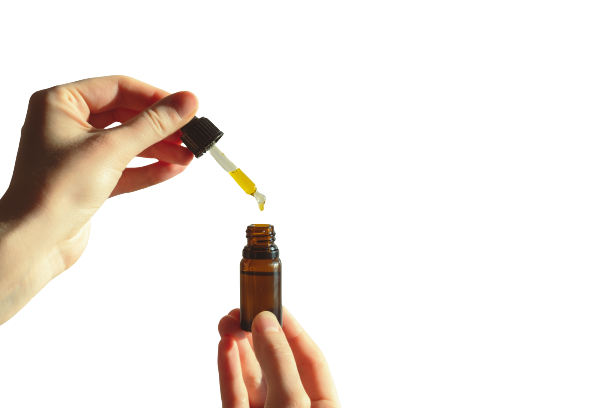
The Takeaway: Does CBD Oil Expire?
CBD oil can go bad — Most CBD oils have a shelf life of 1-2 years, which is plenty of time for most people to use up the product.
Most of the time, it’s not the user’s poor storage or consumption of CBD that’s the problem. It often lies on the manufacturer’s end.
CBD companies looking to make a quick buck may purchase poor quality carrier oils and less than great hemp extract to formulate their products. Additionally, these CBD oils could be sitting on warehouse shelves for months (or years) before they get to your door, which means the CBD and other active cannabinoids may have significantly degraded.
While ingesting expired CBD won’t make you sick, it’s a total waste of your hard-earned cash.
To avoid purchasing poor-quality CBD oil, always reference the company’s independent lab tests and shop with reputable brands that have a following of loyal users. You’re much less likely to run into any problems with CBD quality when you practice these steps when shopping.
